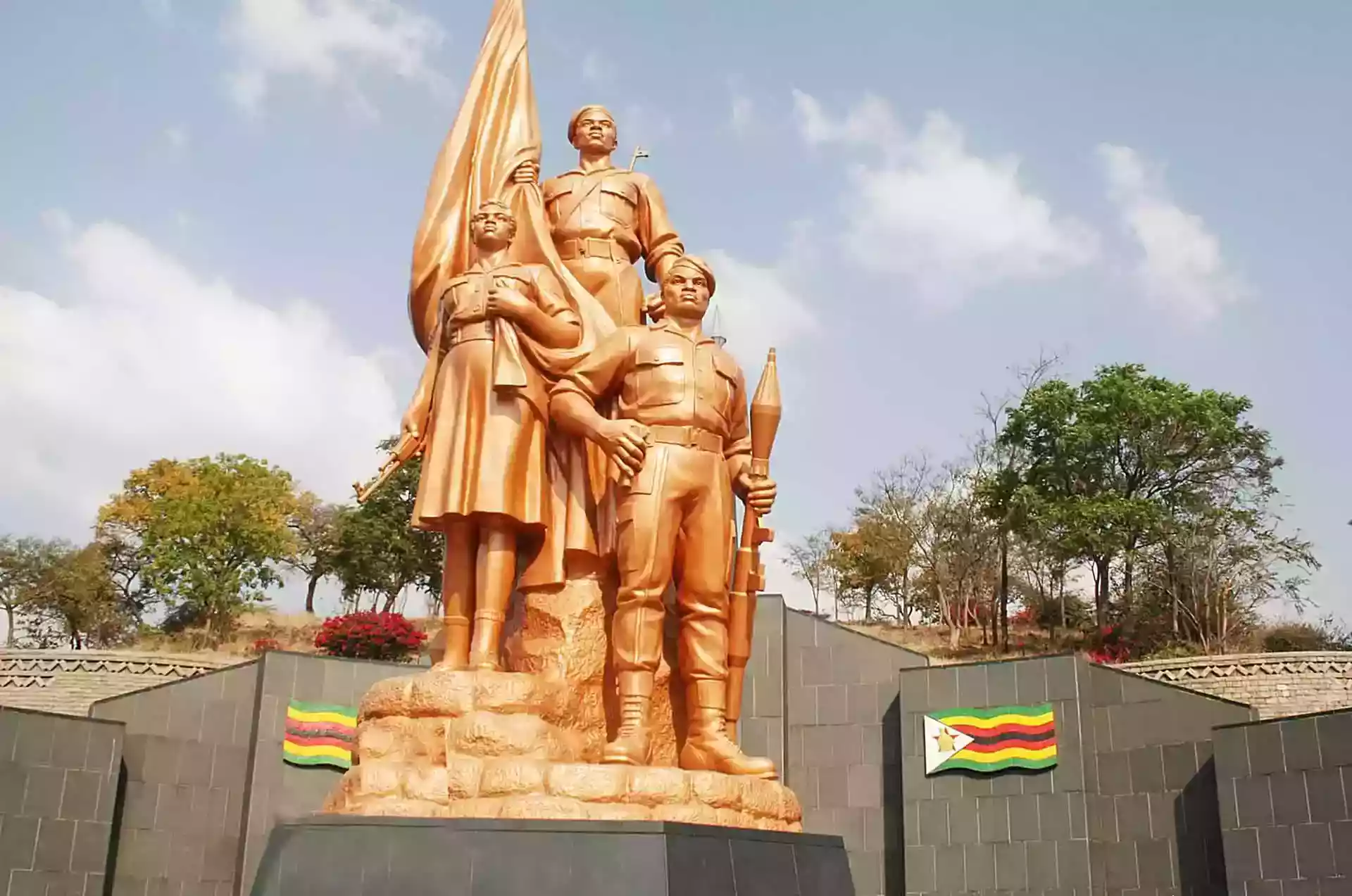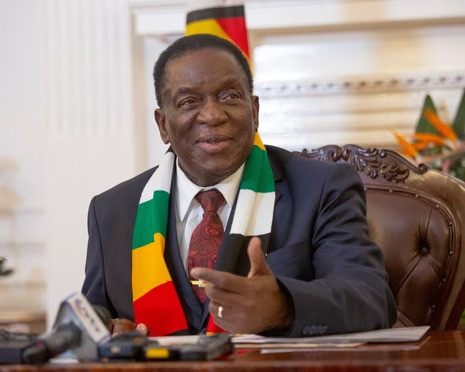
AS Zimbabwe commemorates another Heroes Day, a moment dedicated to reflecting on the supreme sacrifices made by the gallant sons and daughters who fought for our liberation, the situation obtaining in the nation demands honest introspection.
The pertinent question that echoes across the nation is whether we have genuinely realised the aspirations and values that drove thousands to take up arms against colonial oppression.
The liberation struggle was fundamentally about creating a society founded on equality, justice and economic empowerment for all Zimbabweans.
Our heroes envisioned a nation where every citizen would have access to quality education, healthcare and employment opportunities.
They dreamed of a Zimbabwe where the wealth of the land would benefit the majority, not just a privileged few. However, the current state of affairs presents a stark contrast to these noble ideals.
Economically, the country faces unprecedented challenges that would make our heroes and heroines turn in their graves.
The land reform programme, while addressing historical injustices, has been marred by inefficiencies and politicisation.
Instead of creating broad-based economic empowerment, we have witnessed the emergence of a new elite class while the majority continues to struggle. Recent statistics paint a grim picture — 49,2% of our youth population is neither in education, employment, nor training, according to ZimStat.
- Chamisa under fire over US$120K donation
- Mavhunga puts DeMbare into Chibuku quarterfinals
- Pension funds bet on Cabora Bassa oilfields
- Councils defy govt fire tender directive
Keep Reading
This represents a fundamental failure to create the economic opportunities our liberation fighters envisioned.
The social fabric of our society, which the liberation struggle sought to strengthen, shows concerning signs of deterioration.
Healthcare facilities, once the pride of post-independence Zimbabwe, now stand as shadows of their former glory. The education sector, despite maintaining high literacy rates, faces numerous challenges.
The mass exodus of skilled professionals, with Afrobarometer data showing that 58% of Zimbabweans have contemplated emigration, points to a deepening crisis of confidence in the nation's trajectory.
Political freedom, a cornerstone of the liberation struggle, has become increasingly constrained. The heroes fought for a democratic society where every citizen's voice would matter, where political differences would be respected and where governance would be transparent and accountable. However, the current political landscape is characterised by a shrinking democratic space. This is a far cry from the inclusive, democratic society our heroes envisioned.
The corruption pandemic ravaging our institutions would surely disturb our liberation veterans.
They fought against a system that enriched a few at the expense of many, yet today, we witness massive corruption and illicit financial flows draining billions from our economy.
The Zimbabwe Independent Complaints Commission (ZICC)'s recent condemnation of widespread corruption in both public and private sectors underscores this crisis. When ZICC chairperson Webster Chinamora describes corruption as a human rights violation, it reflects how far we have strayed from the ethical leadership our heroes exemplified.
Our heroes would be particularly distressed by the widening gap between the rich and poor.
While some drive luxury vehicles and live in mansions, others can barely afford a meal a day.
This economic inequality mirrors the very system they fought to dismantle. The fact that 38% of potential emigrants target South Africa as their preferred destination, according to Afrobarometer, suggests that many Zimbabweans still seek the economic freedom that our liberation struggle was supposed to deliver.
The degradation of public institutions would be another source of grave concern for our heroes.
They envisioned strong, independent institutions serving the public interest, not captured entities serving political or personal interests. The current state of our public services, from transportation to water supply, reflects a tragic departure from the dreams of our liberation fighters.
Environmental stewardship, though not explicitly part of the liberation agenda, was implicit in the fight for land.
Our heroes fought for the land not just as a productive resource but as a heritage to be preserved for future generations.
The current environmental degradation, particularly in mining areas, represents another betrayal of their sacrifices.
The environmental devastation caused by unregulated mining, particularly by Chinese-operated ventures in areas like Boterekwa, raises troubling questions about neo-colonial exploitation.
As vast tracts of land are stripped bare, rivers poisoned and ecosystems destroyed for short-term mineral gains, Zimbabwe risks trading one form of colonial plunder for another.
Our liberation heroes fought for sovereignty over natural resources, not their reckless extraction by foreign interests with no regard for sustainable development or community welfare.
This ecological plunder mirrors historical patterns of resource colonialism, betraying the very essence of the liberation struggle, which sought true ownership and responsible stewardship of Zimbabwe's natural heritage.
The degradation left in mining zones stands as a stark contradiction to the environmental consciousness implicit in our ancestors' connection to the land.
The question then becomes: How do we reclaim the true spirit of the liberation struggle? The answer lies not in mere rhetoric but in concrete actions to address these challenges.
We need a return to the values of selfless service, integrity and commitment to the common good that characterised our liberation heroes. In this regard, we must tackle corruption head-on, not just through proclamations but through systematic reforms and the prosecution of offenders regardless of their political connections. Moreover, we need genuine economic reforms that create opportunities for all, not just the connected few. We must also restore the independence and effectiveness of our institutions.
The fact that the unemployment rate remains staggeringly high — with youth unemployment at 58,2% according to ZimStat, suggests that we need to fundamentally rethink our economic model. Our heroes did not sacrifice their lives for a Zimbabwe where the majority would live in poverty while a few enjoy obscene wealth.
As we honour our heroes, we must remember that the best way to preserve their legacy is to fulfil their vision of a prosperous, just and democratic Zimbabwe. This requires more than annual ceremonies and speeches — it demands genuine commitment to the ideals they fought for. The current generation owes it to these heroes to correct the course and build the Zimbabwe they envisioned: A truly free, prosperous and democratic nation.
The liberation struggle was never just about replacing white faces with black ones in positions of power — it was about the fundamental transformation of society. Until we achieve this transformation, we cannot claim to have fulfilled our heroes' dreams. Their sacrifice demands more from us than what we have delivered so far.










